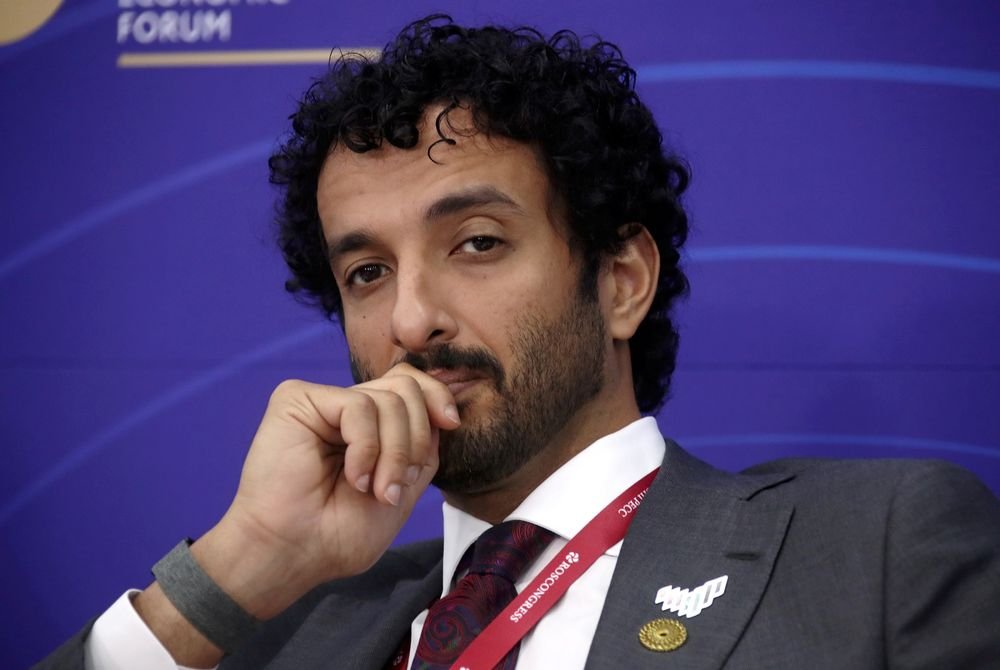The UAE aims to raise the value of economic activity with Israel to more than $1 trillion in the next 10 years, hoping to work together on everything from healthcare to climate change and energy, the UAE economy minister said.
The Middle East’s trade and business hub has signed dozens of memorandums of understanding with its new ally in the year since it became the first Arab state to normalise ties with Israel this century.
It was not immediately clear how the two countries expect to reach the goal of $1 trillion in economic activity in the next decade. Each country has a gross domestic product of roughly $400 billion.
The UAE and Israel have between $600 million and $700 million in bilateral trade, the minister, Abdulla bin Touq Al Marri, told a virtual conference on Monday.
Reaching that level in one year was “an achievement by itself,” he said, adding he expected “an influx” of more trade.
“We are looking to create over $1 trillion of economic activity over the next decade,” he said, adding they are “moving into so many areas of economic opportunities.”
The Israeli government has said it expects $1 billion in trade with the UAE by end-2021 and $3 billion in three years, still far below the UAE’s $24 billion of exports in 2019 to its top destination, Saudi Arabia.
In September last year, the UAE and Bahrain, followed by Sudan and Morocco, both inked US-brokered deals to establish ties with Israel, joining Egypt and Jordan as the only Arab states to recognise Israel.
Publicly announced deals include around 40 MoUs and around 30 other types of agreements related to the financial, energy, sports, agriculture, aviation, aerospace and media sectors as well as investment promotion and Covid-19 technology.
But a $3 billion fund announced by the United States, Israel and the UAE to encourage private sector investment and regional cooperation has gone quiet, as has a $10 billion fund of UAE private and state money announced in March to invest in Israeli strategic sectors.
(Except for the headline, this story has not been edited by The Finance World staff and is published from a syndicated feed.)


